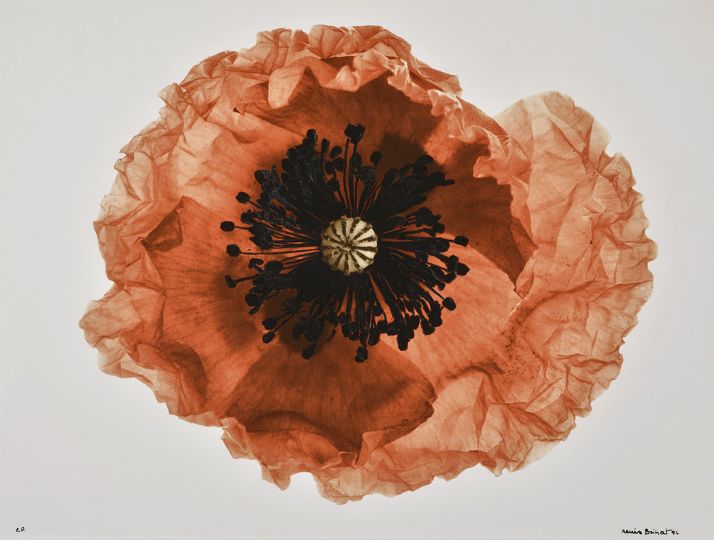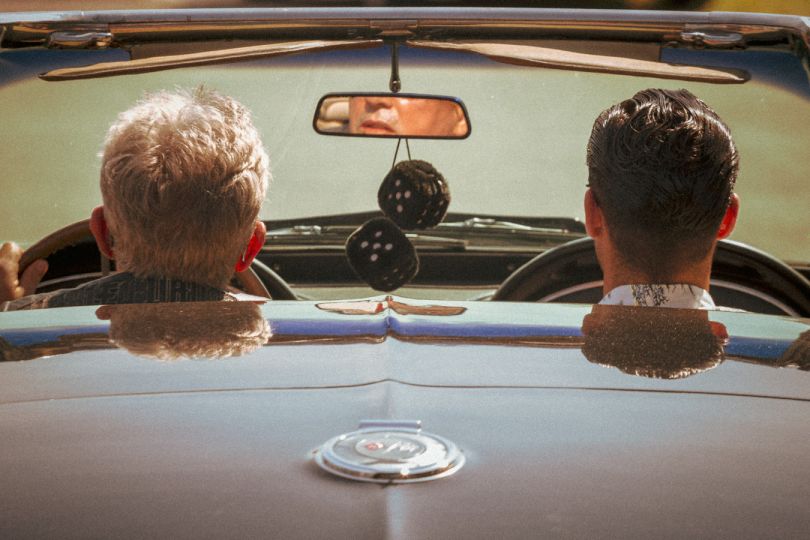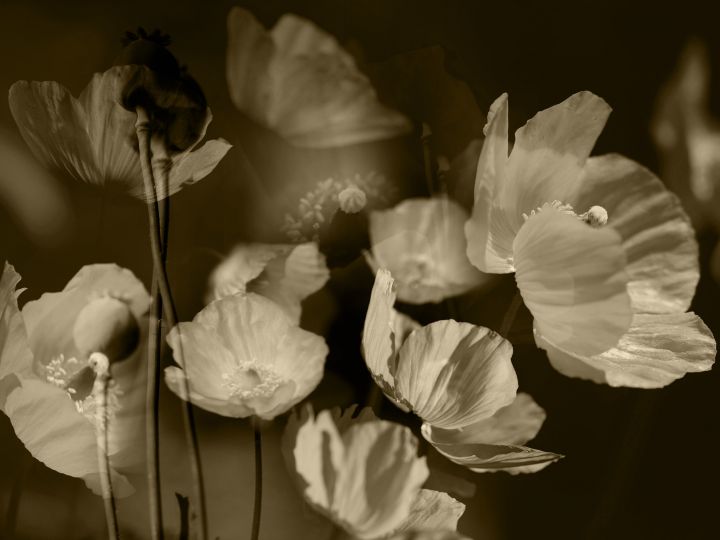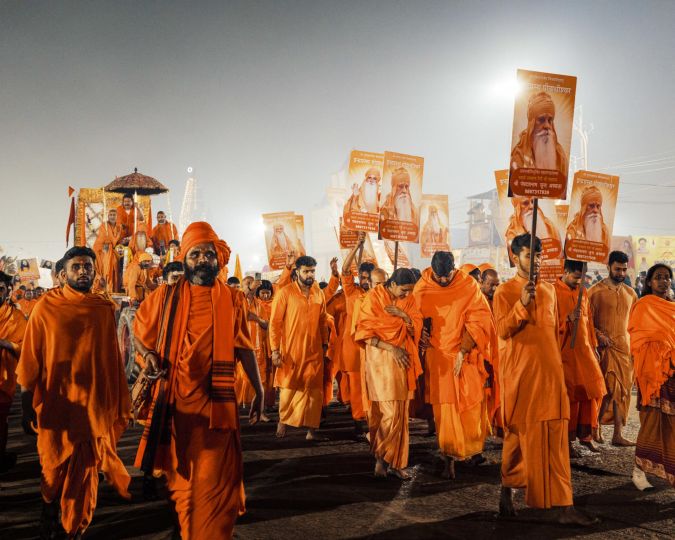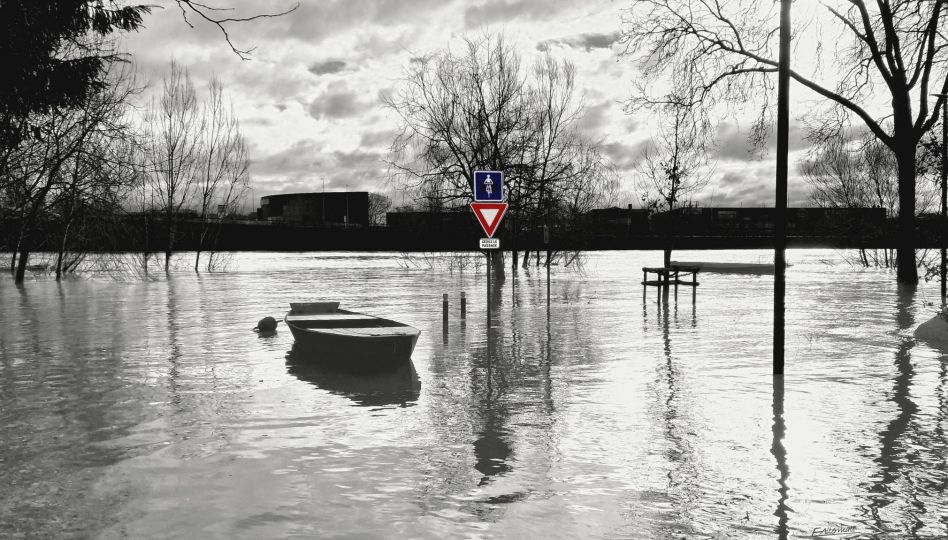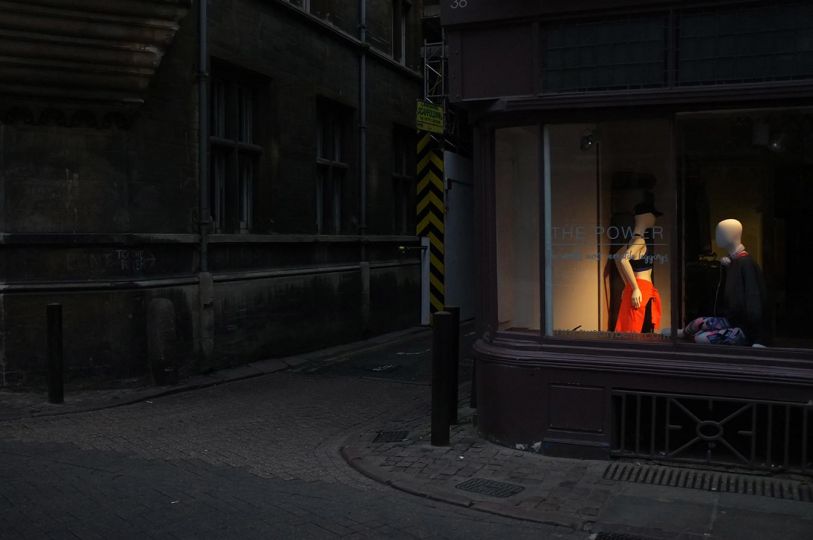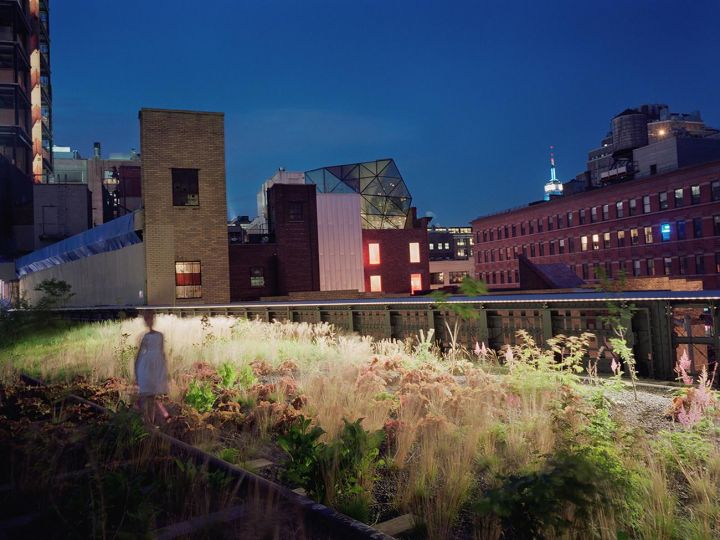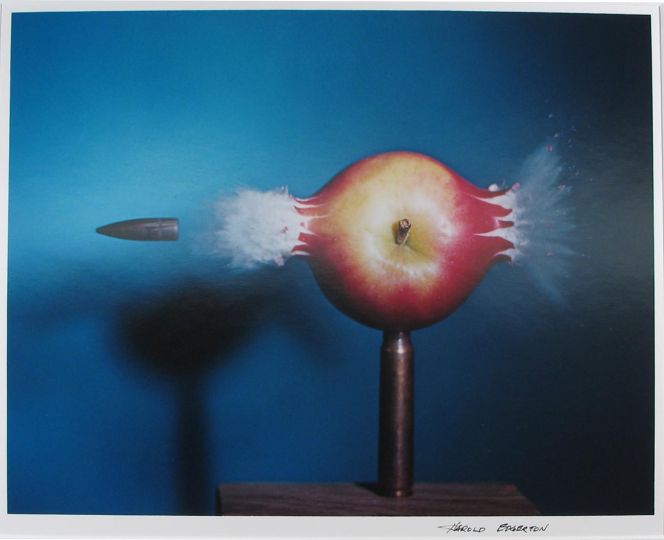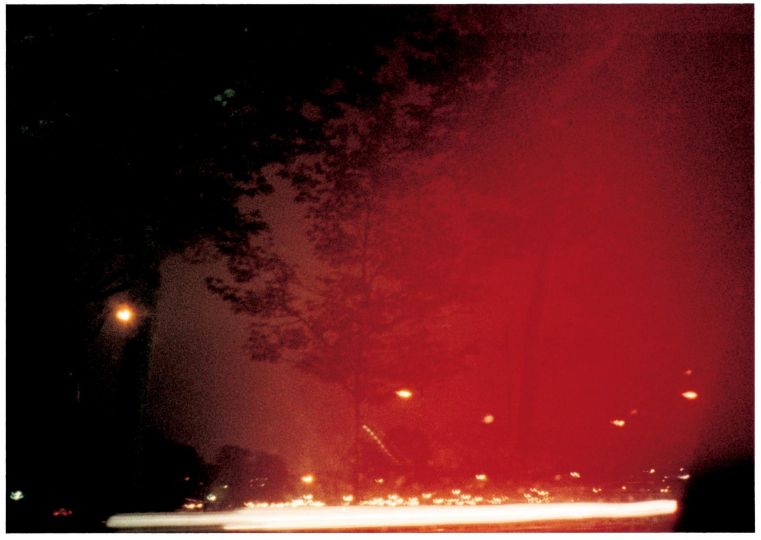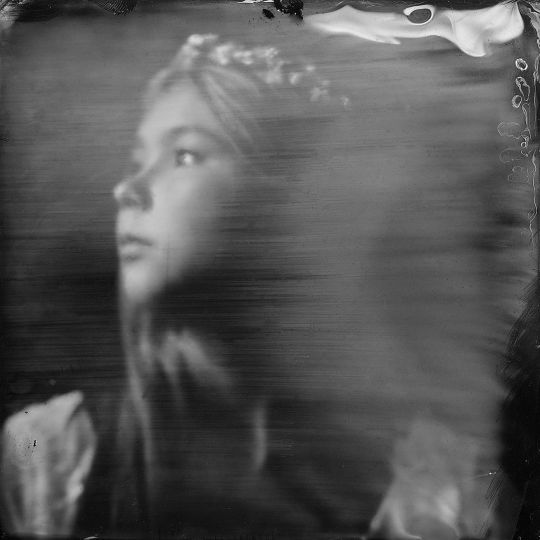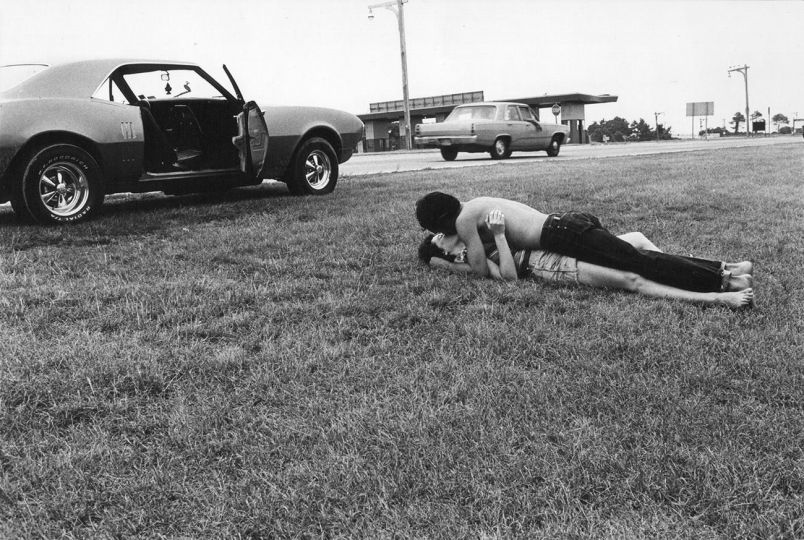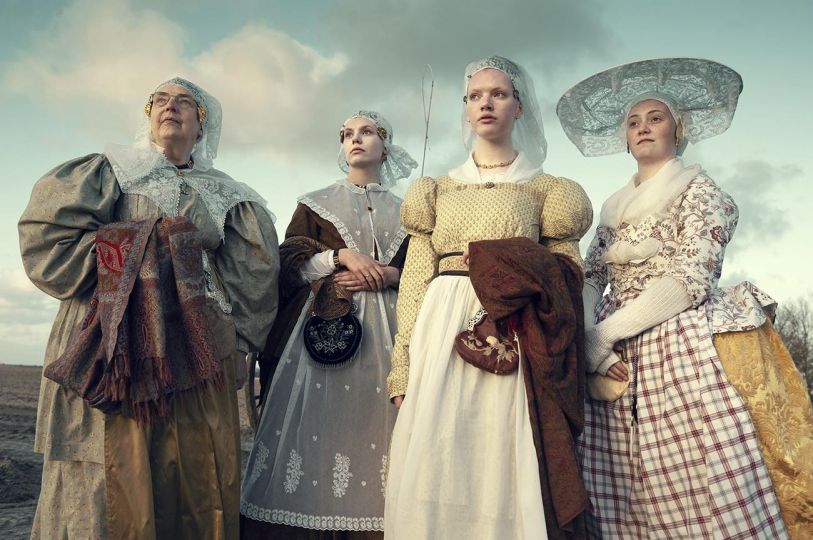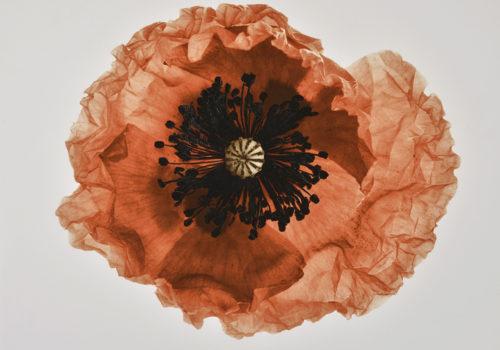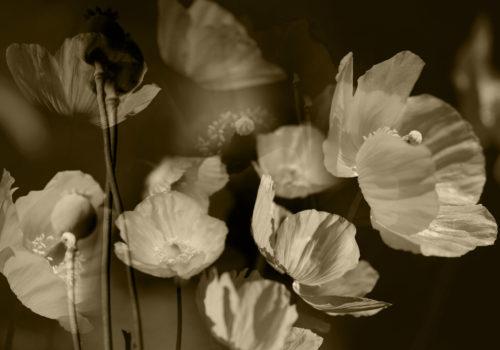Today’s edition is dedicated to the french photographer Jean-Marie Périer. The idea came about at lunch in Arles at the restaurant Le Galoubet during last summer’s festival. Jean Marie told me that he had from July to October six exhibitions in London, Moscow, Marseille for which he is very happy since he has never been acknowledged by the photography establishment. I think that he is a great photographer, a monument to nostalgia, and a privileged witness of the music revolution of the 1960s. He has had many lives as: film director, advertising creator, writer, and even recently as an actor but photography has always been what he liked the most. I offered him to dedicate a day to his achievements! Jean Marie, amused, accepted my proposition: « I will select a few images ». He did more than that: he tells us about himself.
Jean-Jacques Naudet
Here is the first part of this edition, devoted to the adolescence of Jean-Marie Périer.
Everything starts with him, my father François Périer.
(photo No 1)
As far as I remember I’ve always been a musician. Since I was five years old I played the piano day and night, classical music, jazz, at school I was composing and dreaming about melodies, it was my life. My mother went away after divorcing, (Photo No 2), later on I discovered that in fact my father had adopted me and that my “creator” was black, I didn’t care about that, but most of all he was a musician, and for me that was a big problem. I really loved my father, I thought that it was now my turn to adopt him, In the same way I decided to be like him. So I stopped playing the piano forever. Then I tried to move like him, to talk like him, in other words, I tried to be white. It was in 1956, I was 16 years old.
That’s when he decided to take me with him to Rome as he was going to work on a Fellini’s movie, The nights of Cabiria. He had the leading part in this film with Giulietta Masina.
(Photo No 3)
I hanged around on the set of the shooting without really realizing how amazing it was to be there. I was not making music, my life was senseless anyway.
(Photo No 4)
Because he was worried my father kept asking around: “What I’m I going to do with this child?”. And then a charming French journalist (Benno Graziani) told him in a very typical fifties style: “When you don’t know what to do with your child, send him to Paris-Match!” Benno ask me if I wanted to become a photographer, I didn’t care, without music my life was over. And that’s how I met Daniel Filipacchi at the radio station “Europe No 1” in September 1956.
(Photo No 5)
Jean-Marie Périer


